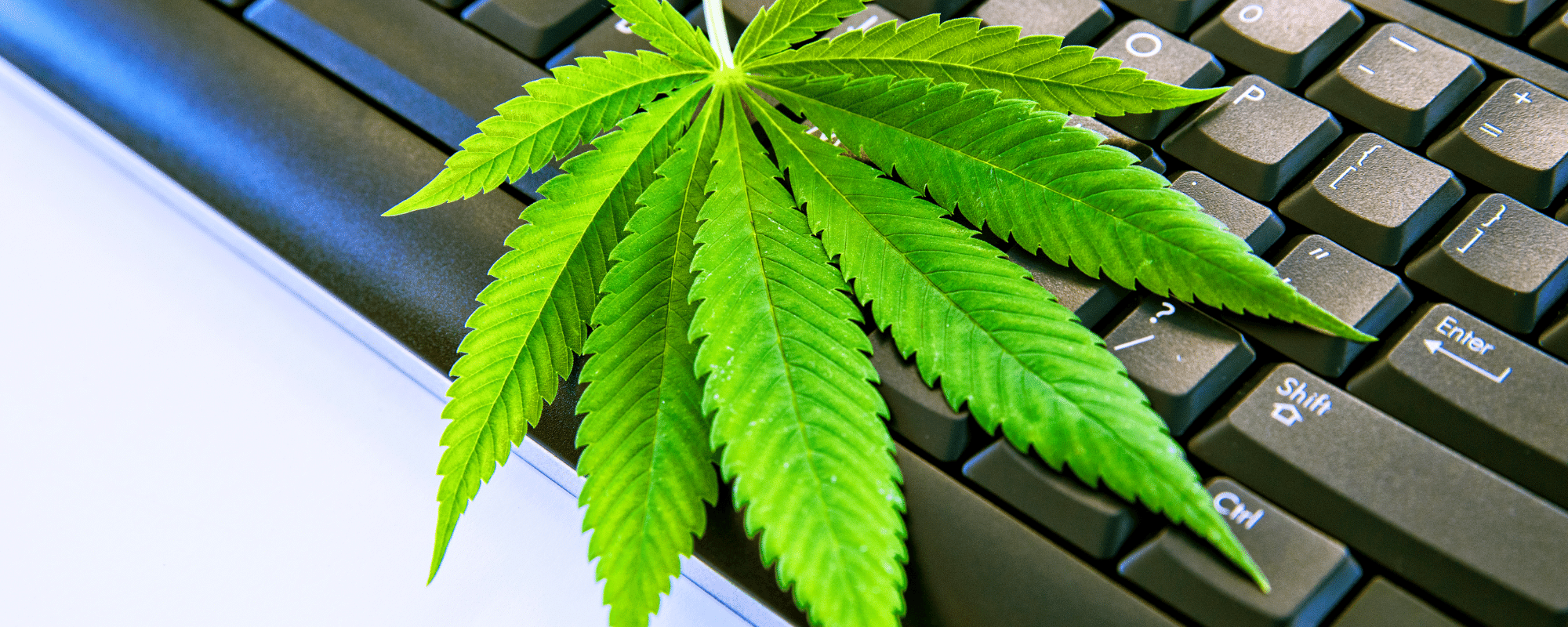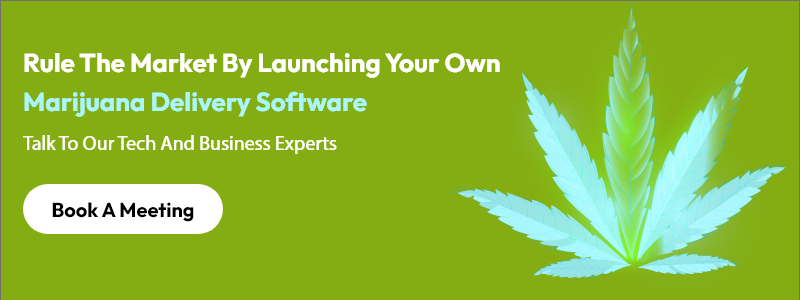Is Marijuana legal in the Netherlands? How do you purchase it legally? It is against the law to sell, produce, or be in possession of any controlled substances like Cannabis and Marijuana in the Netherlands. The health effects of soft drugs are significantly less severe than those of hard drugs. As a result, the sale of cannabis is authorised in coffee shops across the Netherlands, but only under a number of very specific restrictions. A coffee shop is a type of retail establishment that sells cannabis but does not allow the consumption or sale of alcoholic beverages. This is an example of the tolerant approach taken by the Dutch government.
Tolerance policy with regard to drugs derived from cannabis
So is marijuana legal in the Netherlands? It is against the law to sell, produce, or be in possession of any controlled substances in the Netherlands. In spite of this, the Dutch government maintains a tolerant stance toward drugs that are considered less harmful. This means that it is a criminal offence for coffee shops to sell small quantities of soft drugs to customers, but the Public Prosecution Service does not penalise coffee shops for this offence.
Additionally, the Public Prosecution Service does not bring charges against members of the general public for possessing trace amounts of controlled drugs. Following is a definition of each of these quantities:
- No more than 5 grams of cannabis are permitted (marijuana or hash).
- The maximum allowed is five cannabis plants.
Criteria for acceptable behaviour in coffee shops
As long as coffee shops adhere to the established guidelines, also known as ‘tolerance criteria,’ the sale of cannabis-related products like hash and marijuana is permitted to take place in these locations.

Espresso bars and coffee shops:
- Must not create any kind of annoyance.
- It is against the law for them to sell hard drugs.
- Are not allowed to engage in the sale of cannabis to minors.
- It is against the law to advertise drugs.
- It is against the law to sell large quantities (defined as more than 5 grams of cannabis) in a single trade.
The number of coffee shops that are allowed to operate within a municipality is contingent on the municipality’s policy regarding the establishment of coffee shops. They also have the ability to impose additional regulations.
Efforts made to reduce the annoyance and risk of crime caused by coffee shops
The government is going to put an end to the ‘open door’ policy that coffee shops have been operating under. The aim is to reduce the amount of nuisance and criminal activity that coffee shops are associated with.
Coffee shops need to scale down and concentrate on serving the customers in their immediate area. Because of this policy, coffee shops in the Netherlands will become less appealing to drug users from other countries.
New regulations pertaining to coffee shops and cannabis
On January 1, 2013, the Dutch government implemented a new tolerance rule in an effort to counter drug-related offences and nuisance. According to this rule, only “residents of the Netherlands” are allowed to visit coffee shops and buy cannabis from those locations.
A person is considered to be a resident of the Netherlands if they are registered to vote in the municipality in which they live. It varies from municipality to municipality whether or not this rule is actively enforced in their community.
The owner of the coffee shop is the one responsible for the checks
The owners of coffee shops are obligated to conduct a customer identification check to ensure that anyone who enters their establishment and makes a purchase of cannabis is a legal resident of the Netherlands who is at least 18 years old. They ought to verify these particulars by, for instance, inquiring of the individual whether or not they possess a current identity document or permit of residence, in addition to requesting an extract from the local municipality’s population register. It varies from municipality to municipality whether or not this rule is actively enforced in their community.
Personal cultivation of cannabis plants for use in personal consumption
It is a violation of the law to cultivate cannabis and marijuana plants. In most circumstances, the police will only seize the plants themselves if there are fewer than five cannabis plants being grown for personal consumption. If there are more than five plants discovered, the Public Prosecution Service will initiate legal proceedings.
The police work in conjunction with other organisations, such as public housing, the Tax and Customs Administration, and energy companies, in order to combat the cultivation of cannabis. If tenants are found to be cultivating cannabis, the landlord has the right to evict them.
Coffee shops can purchase Cannabis with proper approval from the Netherlands government. Cannabis can be legally purchased with apps that are developed using solutions like BongMe. BongMe is designed to help marijuana dispensary owners with marijuana delivery management. It has an easy-to-use online web portal and a Progressive Web App (PWA) for customers, a store app for dispensary owners and a driver app for delivery agents.










